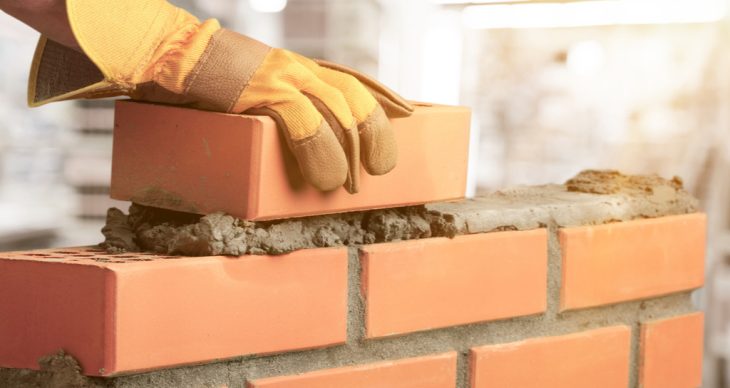Although not specifically home improvement loans, existing property owners can use Rural Home Loans funds to fix, change, and even relocate their homes. Other qualified applicants can use the Section 502 Direct Loan Program to buy and build new homes.
Financial assistance from this HUD housing assistance program makes it easier for applicants to secure a loan. The government provides a mortgage subsidy for a short period that increases the borrowers’ ability to repay the loan because it is a smaller amount.
Funds are available to applicants who have an adjusted income that is below the limit in the area where they live. Other requirements include the following:
- Applicant must have the lawful capacity to obtain a loan
- Family must not have decent, safe, and sanitary living conditions
- Applicant is unable to secure a loan with reasonable terms
- Family will make the home its primary residence
- Applicant must meet citizenship or non-citizenship requirements
Individuals may not qualify for a Section 502 Direct Loan Program loan if prior participation in federal programs ended in suspension or debarment.
The property must be in a rural area with a population of fewer than 35,000. Similarly, the property must meet the program’s requirements. The home must be 2,000 square feet or smaller, have a market value under the borrower’s limit, and not have an in-ground swimming pool.
If applicants receive financial assistance, they must continue to follow the program’s rules to receive the subsidy each month. For example, owners cannot use the funds to make an income from the property.
The loan amount will depend on what the applicant can afford, their income, debts, and assets. The USDA sets a limit for each eligible county or equivalent area, and applicants cannot finance more than the area’s maximum.
Buyers and owners who do not qualify for federal government grants or loans due to location, age, or income can still find the money for needed renovations. For instance, a homeowner who needs less than $5,000 for a home repair can look into local grants.
Many states have programs for residents to help with living and housing costs. Some energy and weatherization programs pay or finance repairs for energy, such as furnaces, hot water heaters, and electricity.
Residents can also look into community development offices for local homeownership assistance programs. Tennessee, for example, has home improvement grants for Southeast Tennessee owners who need a septic system repair.
Veterans, single parents, and other groups can search for local and nationwide grants that cover renovation costs. The Department of Veterans Affairs has disability housing grants that fund renovations to improve the accessibility of service-related disabled veterans.




